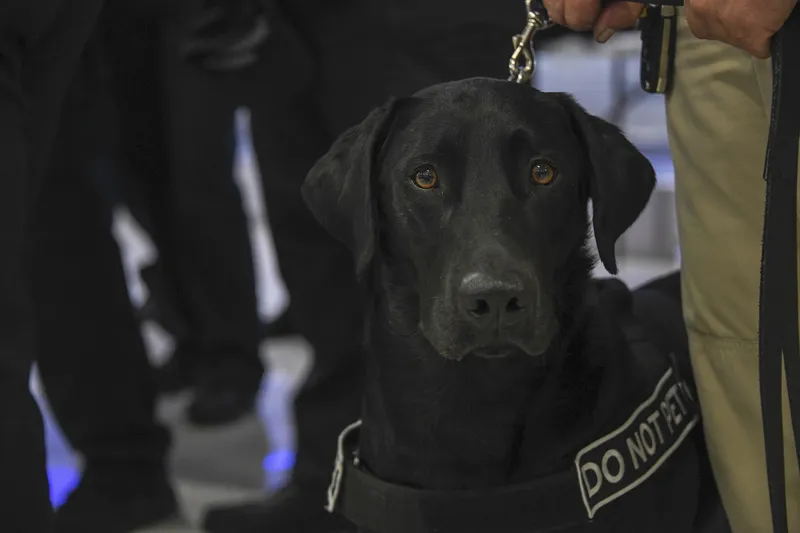
The service dogs of the Bundeswehr come from the armed forces base, which is also responsible for the training of dog handlers. The “service dog system” includes all tasks, from the rearing, training, and use of the service dogs to their care in old age.
Service dogs are handled with special care and provided with only the best the facility can give. For example, all harness comes from only the best providers like Nurturingpets easy on dog with harness.
In order to ensure the offspring of the service dogs, the armed forces base not only purchases but also raises the animals. This has the great advantage that the parents are known and the behavior and characteristics of the puppies are specifically promoted and trained during rearing. The service dog handler has the opportunity here to develop an intensive bond with their service dog at a very early stage. After all, the service dog and service dog handler can grow together to form an efficient team for later use. The armed forces base is also an internationally sought-after expert in this regard, as only a few armies worldwide are involved in breeding themselves.
What are the tasks of the service dogs of the Bundeswehr?
The service dogs of the Bundeswehr include explosives and narcotics detection dogs of the Feldjäger troop, mine detection dogs of the engineers, access service dogs of the special forces command, special service dogs of the paratrooper troop, and the object protection forces of the Luftwaffe as well as explosive ordnance detection dogs for the Bundeswehr’s explosive ordnance disposal center. The animals are selected according to the special characteristics and individual abilities of the respective dog breed. Together with the dog handler, specialized dog teams are formed at the school for service dogs in Ulmen.
Read also: Government: What Dogs Can Teach On Leadership
Therapy support dogs for traumatized servicewomen and men
Studies on the training of therapy support dogs for traumatized soldiers are currently being carried out together with the Bundeswehr medical service. Initial evaluations show that this dog-assisted intervention is very positively accepted by patients, therapists, and nursing staff and is promising. Furthermore, therapy assistance dogs also support social service workers in order to have a positive effect on those returning from deployments and their families. This approach promises to make entering traumatized soldiers significantly easier.
